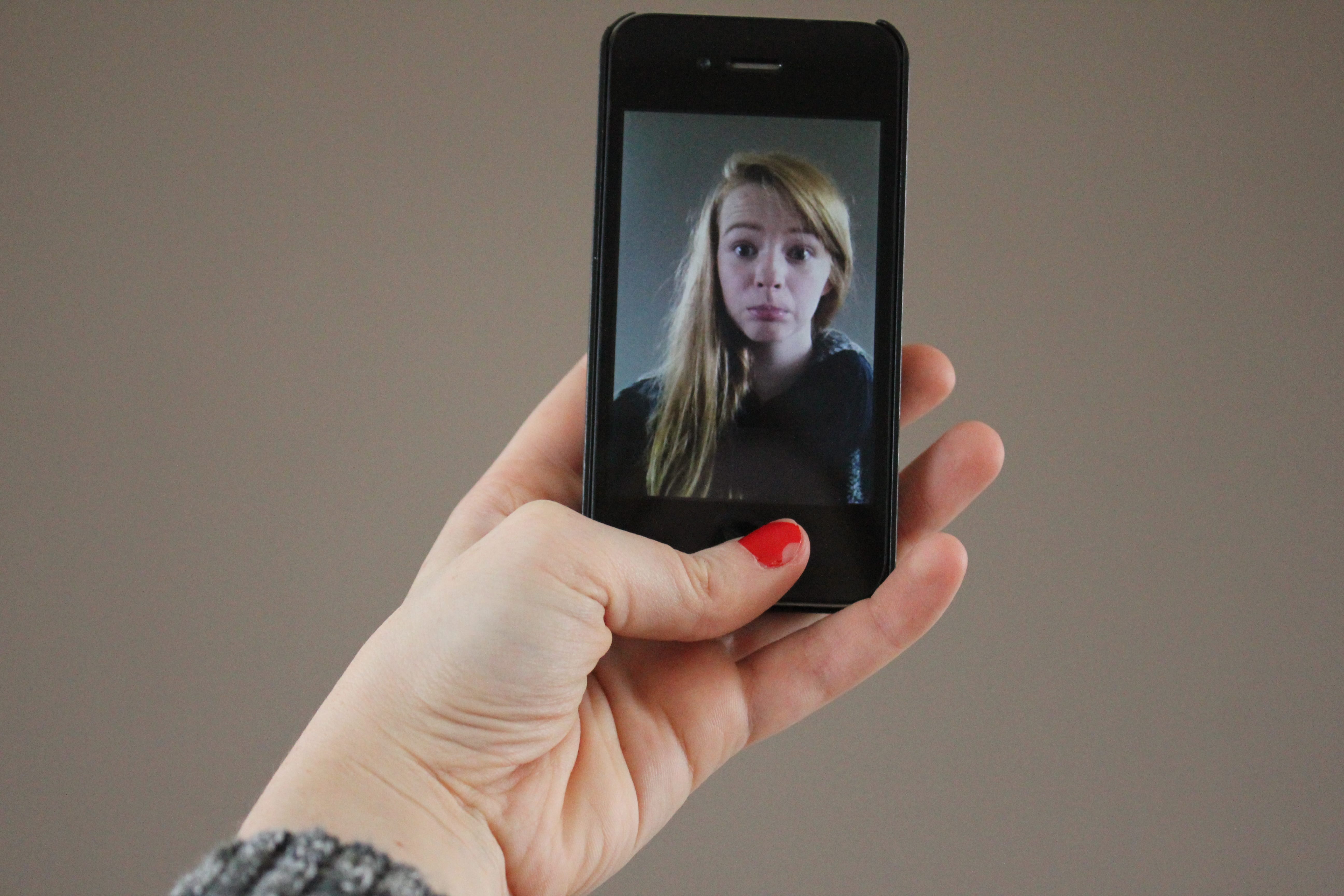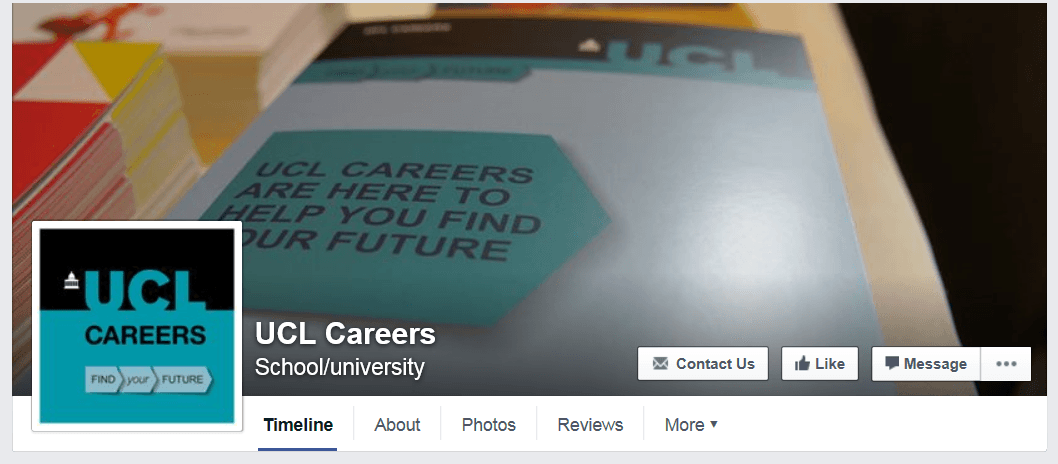Working in R&D and Innovation consultancy
By uczjsdd, on 20 May 2016
 Dr Andrea Sanfilippo worked as a research assistant at UCL (whoop whoop!) and then gained a PhD in Theoretical Physics from the Fritz-Haber Institute of the Max-Planck Society. Now a Senior Research and Development and Innovation Consultant at Deloitte, Andrea talked to us about his career.
Dr Andrea Sanfilippo worked as a research assistant at UCL (whoop whoop!) and then gained a PhD in Theoretical Physics from the Fritz-Haber Institute of the Max-Planck Society. Now a Senior Research and Development and Innovation Consultant at Deloitte, Andrea talked to us about his career.
How did you move from academia to your current role?
I decided to move back to Italy for personal reasons and, at the same time, because the Italian government issued incentives for the “return of the brains” (R&D TAX incentives for researchers – and not only researchers – who studied at least 18 months abroad). Also, I was not willing to be part of the Italian academic system (pretty feudal unfortunately). Since in Italy there is a lack of opportunities in the Quantum Chemistry sector, I looked for other opportunities closely related to my scientific background. EU grants consultancy was one of them. Most university group leaders and professors apply for public and EU funding. I myself was awarded a Marie-Curie EU scholarship. Some general EU projects are made of consortia made of companies and universities. Hence, companies (EU consultancy or internal EU projects offices in companies) are often willing to hire people with a strong academic background (incl. PhD). During the interview I just provided my academic experience and willingness to support innovation.
What does a normal working day look like for you?
The daily activities consist of elaborating EU proposals (scientific, managerial and EU impacts parts), discussing with consortia or clients about new innovative project ideas, and setting up consortia made of universities and enterprises.
What are the best things about working in your role?
The fact you deal with many different realities, like SMEs and large enterprises, and you can experience the very different approaches to innovation and state-of-the-art technologies in various sectors.
What are the biggest challenges?
The biggest challenges are that employer wants you to win as many projects as possible (consultancy companies get a “success fee” when the proposal is awarded EU funding, companies get the funding), no matter whether innovative ideas are good or not. For the same reason they may sign contracts with companies lacking skills and innovation potential. Sometimes you feel like a financial broker, since there is a certain level of uncertainty in the success of the proposals. These aspects can make this job quite stressful.
Is a PhD essential for your role?
A PhD is not essential, but it can make the difference. You have to write even 100-150 page proposals (in English language), and a person with a PhD usually has a much more organised modus operandi (they already organised their own PhD project for 3-4 years), expertise with academic English (incl. publications), a broader view on science, and stronger expertise in their own sector.
Where do people go from here?
Coming from a consultancy company, I see the following paths:
1 (short term) – EU office in a large company. Certain companies have even 10 people dealing with EU proposals writing. Such positions allow you to focus more in detail on a specific sector, instead of dealing with a plethora of different companies and areas.
2 (medium term) – Innovation Manager or Technology Strategist: you can manage R&D and Innovation activities, elaborate the best R&D avenues on a 5-10 years basis for the CEO, and manage R&D projects.
3 (medium to long term) – CTO. You can manage the entire innovation and R&D activities of a company.
What top tips would you pass on to a PhD student/post-doc interested in this type of work?
1 Ask yourself: where do I want to be in 5 years? Am I really interested in leaving the academic sector, maybe forever (5 years out of your PhD or post-doc, universities or R&D centres are no longer interested in hiring you)? Do you prefer to work for consortia in many different sectors or to focus on your own sector of interest?
2 Keep in mind there are a few companies in the EU grants sector, so it is a niche sector. A lot of people choose to become freelancers.
3 If you would like to keep focusing on your sector of interest, you might want to apply to EU projects offices in specific (large) companies. The “con” about being in a consultancy company is that companies often do not appreciate people lacking strong expertise in their sector.
 Close
Close






